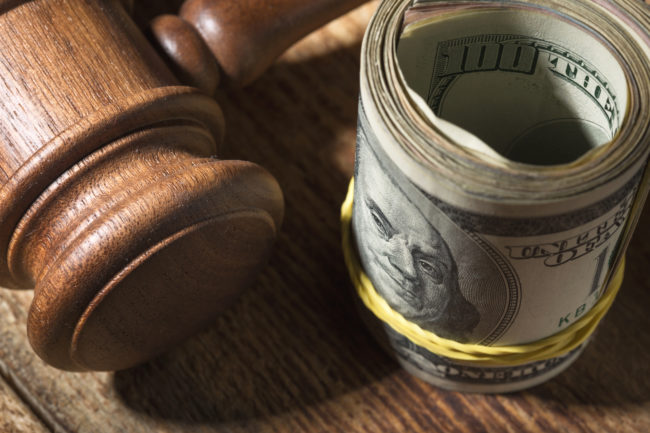In a case of first impression, a Pennsylvania Appellate Court has granted an interlocutory appeal permitting the state’s Attorney General to pursue restitution claims on behalf of landowners who claim that natural gas companies violated the terms of their subsurface mineral lease agreements by improperly withholding royalty payments.
In Anadarko Petroleum Corp., et. al. v. Commonwealth of Pennsylvania, the Commonwealth Court recently ruled that the Pennsylvania Attorney General’s office can bring royalty claims on behalf of landowners against natural gas companies under the state’s consumer protection law, officially known in Pennsylvania as the Unfair Trade Practices and Consumer Protection Law (UTPCPL), even though landowners in this context are sellers of land, rather than the usual “consumers,” as traditionally interpreted under the statute.
Initially, the Pennsylvania Office of Attorney General filed suit on behalf of hundreds of landowners against various producers for unfair business practices, alleging improper deduction of post-production costs from the landowners’ royalty checks, amounting to roughly $100 million, in aggregate. Post-production costs are expenses related to processes which occur outside of the well head, after the gas has already been captured and brought to the surface. These processes involve moving the extracted gas through a network of pipelines and consist of treatments like compression, dehydration, and transmission.
In response to the lawsuit, producers argued that post-production deductions are allowed under the Pennsylvania Guaranteed Minimum Royalty Act of 1979 (Royalty Act), which local lawmakers have been trying to clarify over the years as there is still much ambiguity. Typically, gas companies and landowners sign a lease agreement before drilling begins. The lease agreement contains provisions regarding a royalty, which is money paid to the mineral owner for the right to use their resource. It is negotiated to be a certain percentage of the revenue from the sale of the gas. In Pennsylvania, that royalty percentage is required to be at least 12.5 percent; however debate continues as to how exactly that percentage is calculated, although most courts have permitted gas companies to deduct all post-production expenses from a landowner’s royalty payment. Conversely, post-production costs could be absorbed fully by a landowner, or shared with the producer, depending upon the negotiated terms of the lease.
In this most recent Commonwealth Court decision concerning the involvement of the Attorney General, the gas industry argued that the UTPCPL should not apply to their conduct because lease transactions do not satisfy the statutory definition of “trade” or “commerce.” Producers argued that since they merely leased subsurface mineral rights from private landowners, they were not selling or distributing anything; rather, they were buyers, not sellers. Thus, the UTPCPL should not apply. However, the court disagreed, interpreting the language of the UTPCPL, which states that: ‘[t]rade’ and ‘commerce’ mean the advertising, offering for sale, sale or distribution of any services and any property, tangible or intangible, real, personal or mixed, and any other article, commodity, or thing of value wherever situate, and includes any trade or commerce directly or indirectly affecting the people of this Commonwealth.” 73 P.S. § 201-2(3). Per this statutory language, the court classified these gas leases as “sales.”
Importantly, because the conduct was classified within the purview of the UTPCPL, the court found that by extension, the Attorney General, as well as district attorneys, are authorized with the power to file suit if they “[have] reason to believe that any person is using or is about to use any method, act or practice declared by [73 P.S. § 201-3] to be unlawful, and that proceedings would be in the public interest[.]” Section 4 of the UTPCPL, 73 P.S. § 201-4.
This decision represents a substantial advancement in oil and gas litigation in Pennsylvania. Never before has the Commonwealth’s Unfair Trade Practices and Consumer Protection Law been applicable to disputes between the gas industry and landowners. However, this decision could be appealed to the Pennsylvania Supreme Court and we will continue to monitor future developments.

